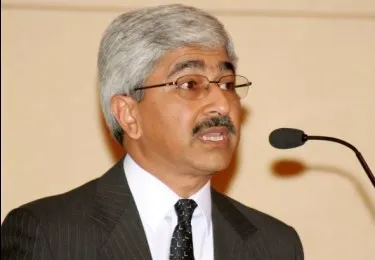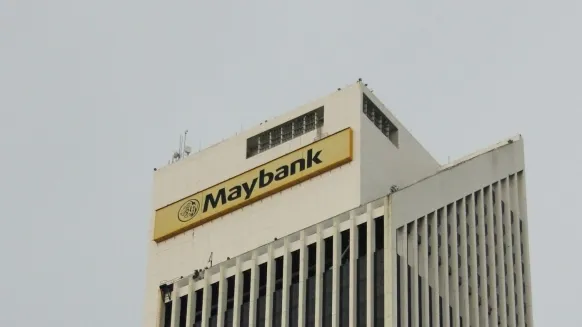
Are fears of Islamic banking being over regulated overdone?
It is better to have a slower growth rate due to relatively restrictive regulations than to suffer a ‘subprime’ crisis.
There are reports that Islamic finance players want a balanced regulatory framework that does not hamper the industry's growth. But Adil Ahmad, former CEO of Kuwait International Bank, says the industry is growing at a very healthy rate of 15-20% per annum, so the regulations can't be all that restrictive.
Here's more from Adil Ahmad:
Islamic banking’s regulatory and supervisory framework consists of two sets of regulators/regulations. The first set is external, and consists of the Accounting & Auditing Organisation for Islamic Financial Institutions (AAOIFI), Islamic Financial Services Board (IFSB) and the Central Bank of the country in which the Islamic bank is domiciled. The second set is internal, and consists of the Islamic bank’s Board of Directors and its Shariah Board.
AAOIFI and IFSB are industry-wide standards. However, adherence to these is on a voluntary basis. The Islamic banking rules and regulations of the Central Bank are either a part of the Central Bank’s overall banking rules and regulations or are a separate and discrete set of rules and regulations (e.g. as in Malaysia).
Ahrerence to Central Bank rules are of course mandatory. The comprehensive and well structured Islamic banking regulations developed by Malaysia’s Bank Negara are widely regarded as the ‘gold standard’ in Islamic banking regulations.
By and large, the Central Banks of all the Islamic countries which have Islamic banking have developed good rules/regulations for the industry.
At the moment most Islamic banks are primarily single jurisdiction banks and the vast majority of their business is in their home country. This business is being well regulated by the various national Central Banks.
However, as the industry grows and evolves, the business will become increasing multi-country (e.g. as is increasingly the case with Sukuks). The regulatory framework will need to evolve to effectively regulate such multi-country business.
There are some people within the Islamic banking industry who argue that the Central Bank regulations are very strict and hamper innovation and development.
However, it should be remembered that the industry is still at a nascent stage and it is better to have a slower growth rate due to relatively restrictive regulations than have the industry suffer its own variation of the ‘subprime’ crisis.
And, it should also be remembered that the industry is growing at a very healthy rate of 15-20% p.a., so the regulations cannot be all that restrictive.
Shariah Board governance is where there is the greatest possibility of differences between Islamic banks in differing geographies. For example, certain types of Islamic financing which Malaysia based Shariah Boards consider permissible are not considered permissible by their GCC counterparts.
There are four major schools of law in Sunni Islam (i.e. Hanafi, Maliki, Shafii, Hambali) and each one is dominant in different parts of the Islamic world. There is also Shia Islam, and it should be noted that amongst the ten largest Islamic banks (by assets), seven are from a Shia country (i.e. Iran).
Differing schools of law adds another level of complexity to Islamic banking’s regulatory framework.



















 Advertise
Advertise














